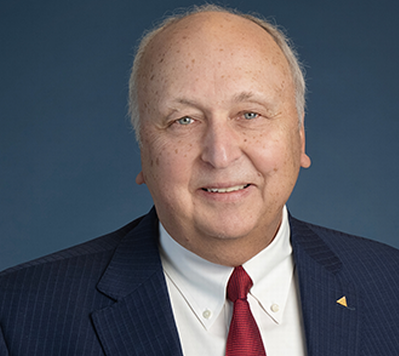U.S. teens are perhaps the most anxious generation ever — with one-third diagnosed with an anxiety condition, according to the National Institutes of Health.
While it is no panacea, one way to mitigate anxiety overwhelming so many is through better education on financial stressors. According to recent research by Junior Achievement and Citizens, financial stress is a serious and widespread component of what makes teens stressed, with 78 percent identifying as being stressed about money.
Teens have been conditioned to believe that their future happiness is based on how much money they make. They are also witnessing their families’ financial worries — which compounds the anxiety. Over half of adults report being behind schedule on retirement planning and savings, and cite inflation as a leading source of stress.
While monetary challenges are certainly not new, the research shows the effect of pandemic-related strain and inflation is having on teens. Thirty percent of teens are stressed about not being able to afford a post-high school education, 32 percent are concerned about how money affects their lives, and 24 percent are worried about losing their homes due to their family’s financial situation.
They see parents working more hours, borrowing money, and putting off home repairs to doctor visits.
Stress can hurt teens’ physical and emotional health, just as adults know that money worries can be a big cause of pressure. Teens today must grow up quickly because they feel the same challenges as adults. Having a better understanding of how money works early in their lives is one way to shift the worries today’s young people have about their financial futures to financial wellness, which is why promoting financial literacy education is so important.
When teens learn to create and follow a budget, that can help mitigate stress. Teens continually tell us how much better prepared they feel to live in the “real world” when taught financial basics. Imagine what happens when we can go even further, showing them how money flows through the economy, how to make economic choices that support the lifestyle they want and career they choose, how credit works, how to invest, and so much more.
Middle and high schoolers deserve the opportunity to learn about entrepreneurship, recently called a solution to America’s debt problem and a source of innovation. Shifting mindsets from daily money worries to expanding their financial wellness arsenal to include skills such as creative problem solving, business planning and starting a business is what gets me up for work every day.
At Junior Achievement, our mission is to give young people the knowledge and skills they need for successful financial futures. We do this by engaging volunteers who visit schools, many of which are in underserved communities, and deliver money and financial literacy lessons to students from kindergarten through 12th grade.
Corporate America steps up, too. Citizens recently announced a sizeable grant to Junior Achievement as part of its Helping Citizens Manage Money program. Our volunteer corps includes parents, teachers, business leaders and retirees, all contributing to youth’s ability to understand career options and inspire them to envision what success means to them.
As our teens get older, we will lose opportunities to guide them. Let’s do all we can now so they can navigate their lives with as little anxiety as possible.


